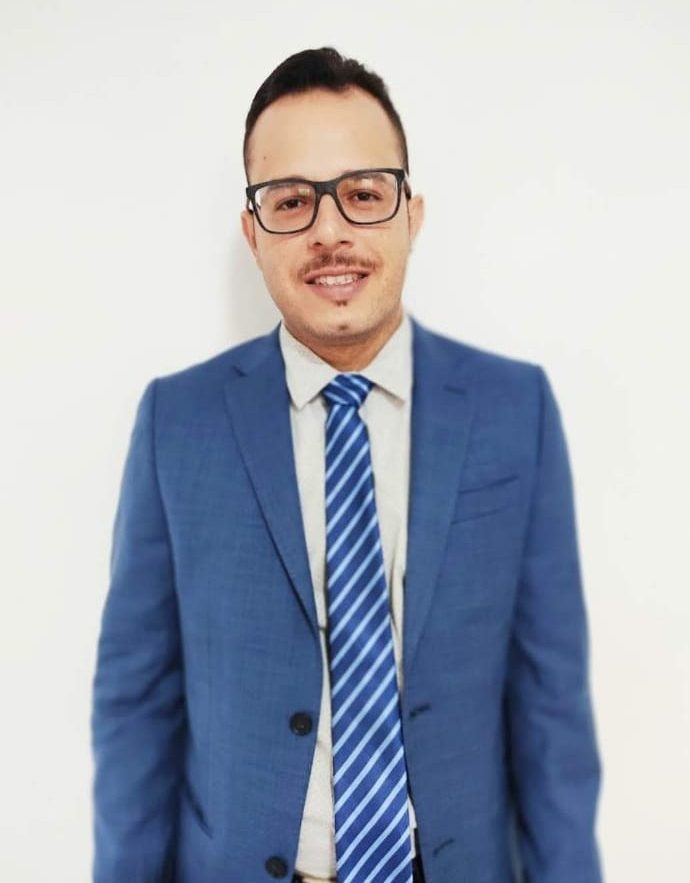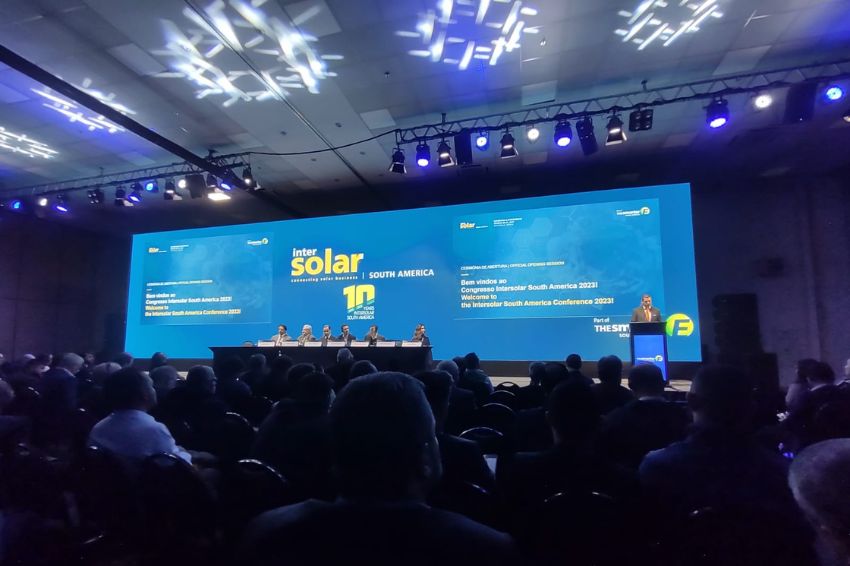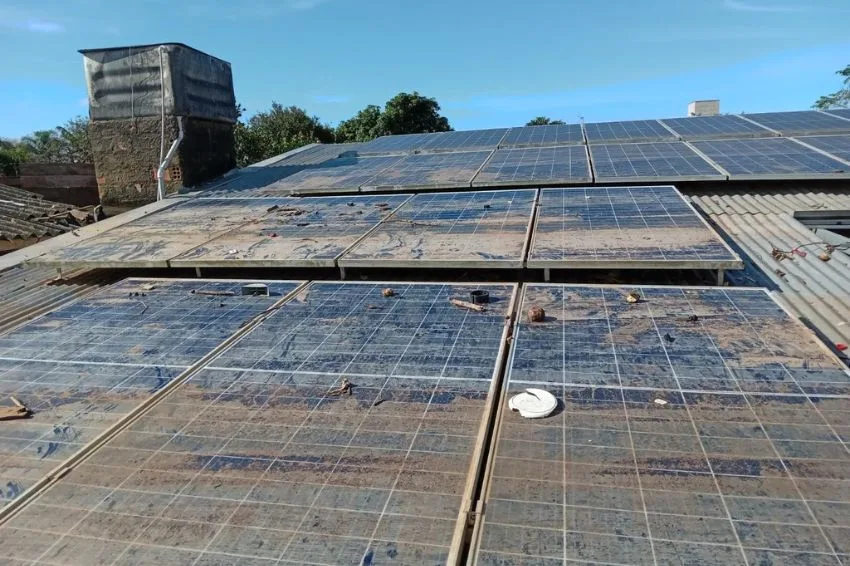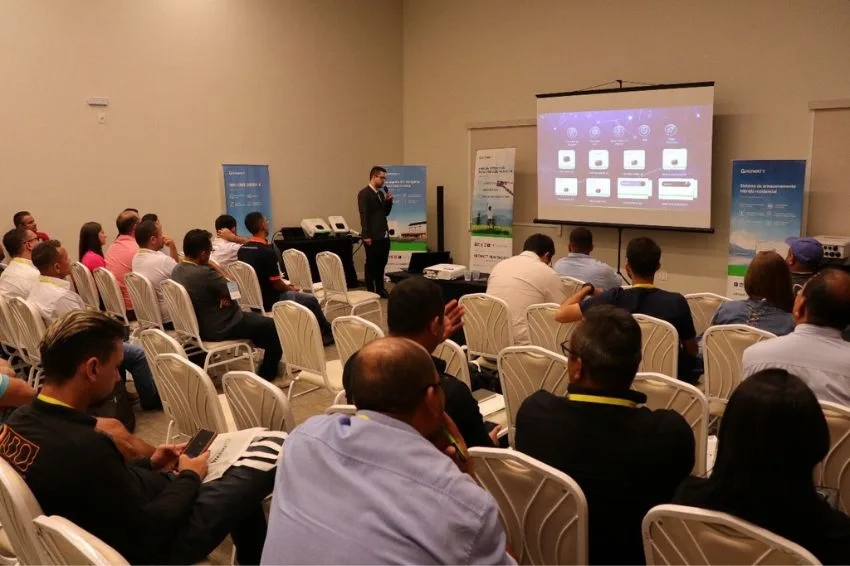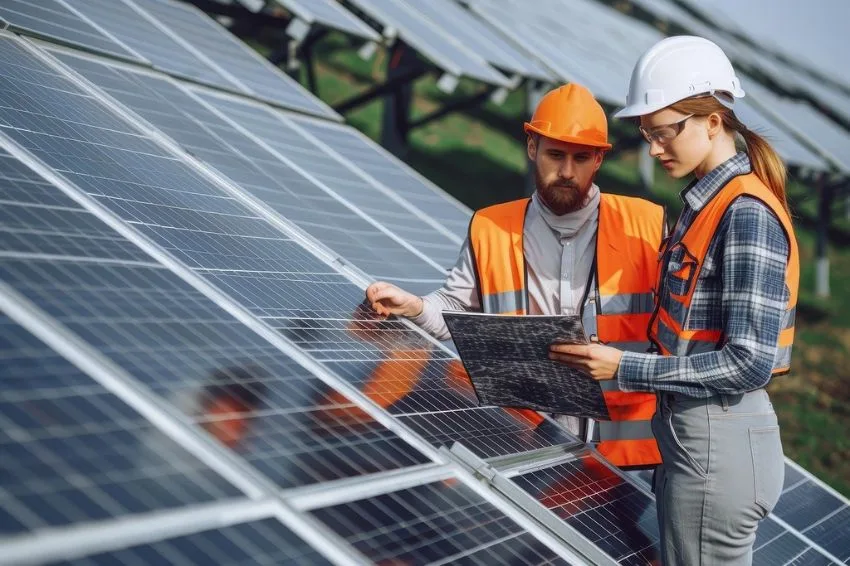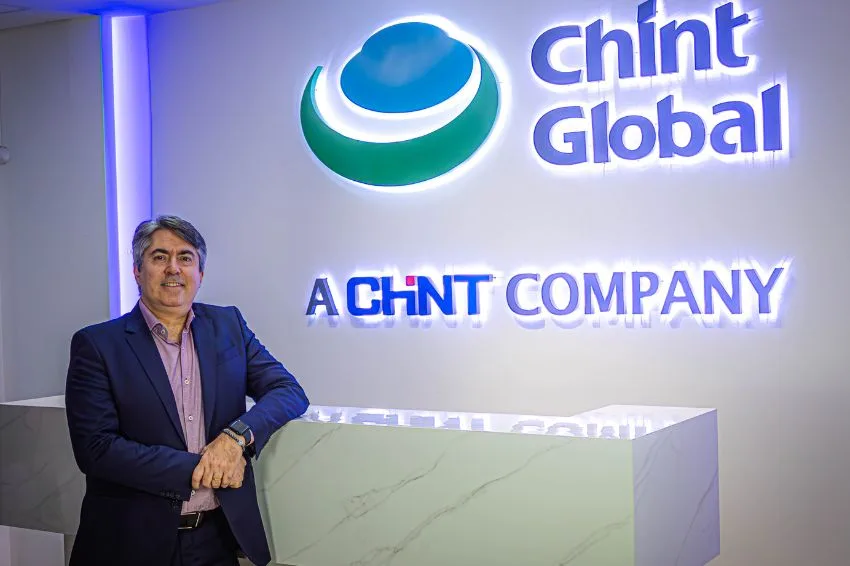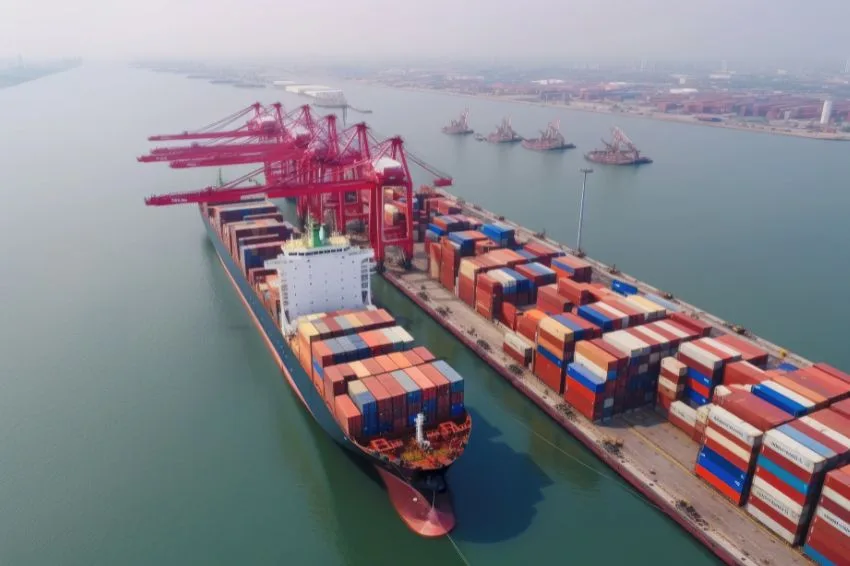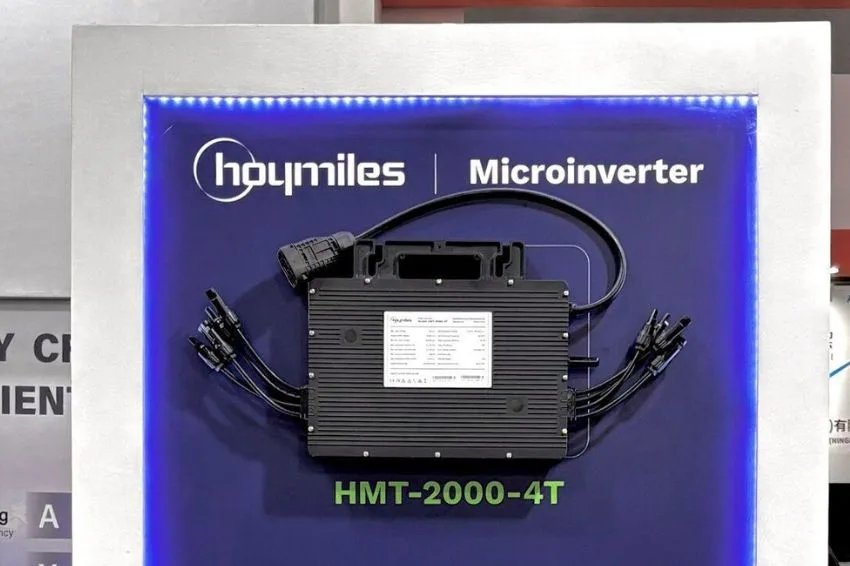The national secretary of Urban Environment and Environmental Quality, Adalberto Maluf, said that he intends to open a public consultation, later this year, to discuss with the market the regulation of reverse logistics of solar panels and lithium batteries. According to the schedule, the forecast is that both systems will be regulated in 2024.
“Our secretariat is the national coordinator of reverse logistics… We have already made the decision that this year we will hold a public hearing on new systems to be regulated, and my goal is to bring the sector to discuss the regulation of lithium batteries and photovoltaic solar panels. Probably this year we will discuss it and next year we will create the regulations”, said Maluf during a press conference, after the opening of Intersolar South America, in São Paulo.
The National Solid Waste Policy obliges manufacturers, importers, distributors and product traders to be responsible for proper disposal. The solar panel has a great value in the market because it contains noble metals such as silver, aluminum and silicon. It is possible to recycle 98% from the components of a photovoltaic module. The lithium battery, after 15 years of use in electric vehicles, can have a second life, such as being used to store energy in homes.
“That's why we know that the reverse logistics system will not be an obligation that the manufacturer will have to bear the cost of, quite the contrary, it will generate a very large income. We are concerned about how to regulate this so that income can remunerate and create a better system from the point of view of reverse logistics for these products”, added the secretary of the Ministry of Environment and Climate Change.
National production of photovoltaic cells
The government secretary also spoke about Brazil's potential to be a producer of photovoltaic cells, as the country is one of the largest exporters of metallurgical grade silicon in the world.
“A strategic sector chosen by the government is the energy transition. The entire densification of the production chain associated with green hydrogen, electromobility... It is something that the government treats as a priority today. It has a board focused on strategic minerals and Brazil is one of the largest exporters of metallurgical grade silicon in the world. It would be very easy to turn this metallurgical silicon into solar-grade silicon. In conversations with major international players, project investors and cell manufacturers, people believe that it is quite possible, as the solar market continues to grow.”
Maluf's speech comes in a context in which several countries around the world are trying to diversify the supply chain for renewable energy, with the aim of reducing dependence on imports from China.

